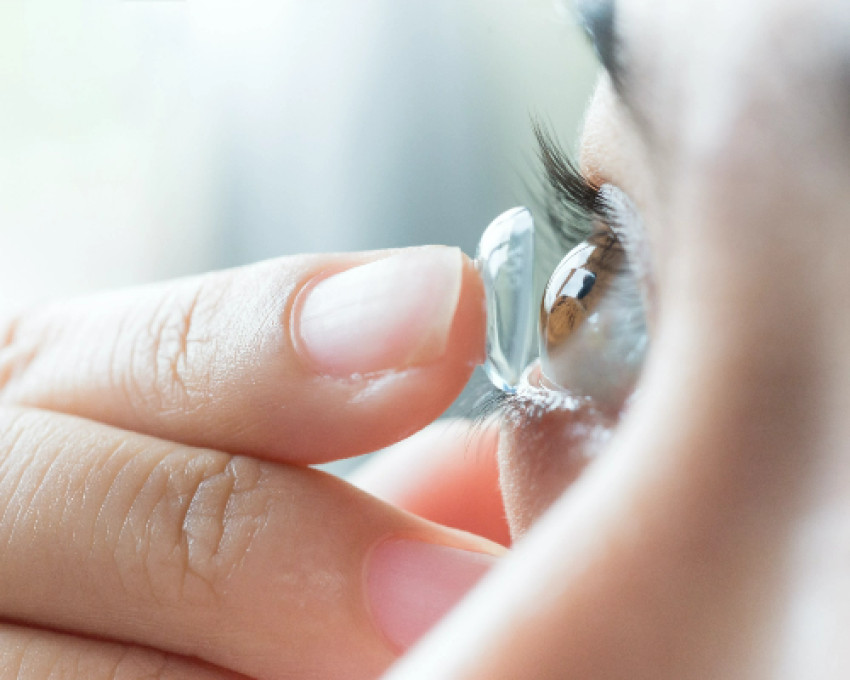
Introduction
In the world of vision correction, two popular options stand out: contact lenses and spectacles. Both serve the essential purpose of improving vision, but they have distinct features, benefits, and considerations. In this article, we will explore the advantages and disadvantages of both contact lenses and spectacles to help you make an informed decision about which option may be best for you.
I. Contact Lenses: A Closer Look
A. Convenience and Lifestyle
Contact lenses offer a level of convenience that spectacles can’t match. They provide a wider field of vision, free from the constraints of frames. Whether you’re an athlete, a fashion-conscious individual, or simply someone looking for a glasses-free look, contact lenses offer unparalleled flexibility.
B. Comfort and Adaptability
Modern contact lenses are designed with comfort in mind. They come in various materials, including soft and gas-permeable options, ensuring a comfortable fit for different eye shapes and conditions. With a brief adaptation period, many people find contact lenses become second nature.
C. Correcting Specific Eye Conditions
Contact lenses can be customized to address specific vision issues such as astigmatism or presbyopia. Toric lenses correct astigmatism, while multifocal lenses address presbyopia, making them a versatile option for individuals with complex vision needs.
II. Spectacles: The Classic Choice
A. Style and Fashion
Spectacles have become more than just a vision correction tool; they are now a fashion statement. With countless frame styles, colors, and materials available, spectacles allow you to express your personal style and enhance your overall appearance.
B. Easy Maintenance
Unlike contact lenses, which require regular cleaning and replacement, spectacles are low-maintenance. They are easy to clean and less likely to cause eye irritation. Additionally, there is no need to worry about the risk of eye infections associated with contact lens wear.
C. Protection from Environmental Factors
Spectacles act as a physical barrier, providing an extra layer of protection against dust, pollen, and other environmental irritants. They can also shield your eyes from harmful UV rays when equipped with appropriate coatings.
III. Considerations for Choosing Between Contact Lenses and Spectacles
A. Lifestyle and Activities
Your lifestyle and daily activities play a crucial role in determining which option may be more suitable for you. For instance, if you engage in vigorous physical activities, contact lenses may be the preferred choice. Conversely, if you work in a dusty environment or have a preference for a specific fashion style, spectacles may be the better option.
B. Eye Health and Comfort
Some individuals may have specific eye health concerns that make one option more favorable than the other. Conditions like dry eyes or allergies may impact the comfort of wearing contact lenses, while certain eye diseases may require specialized lenses or favor spectacles.
C. Budget Considerations
Both contact lenses and spectacles come with associated costs. Consider factors like initial purchase price, maintenance costs, and insurance coverage when making your decision.




